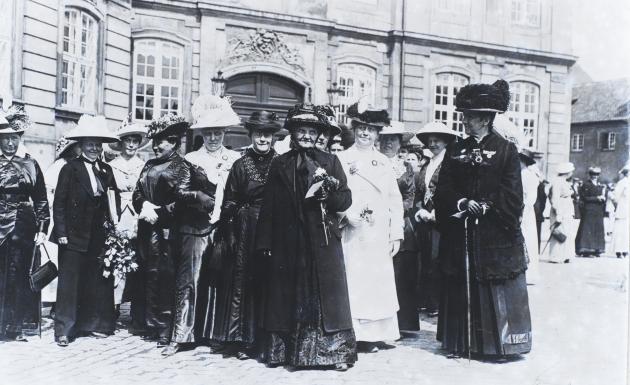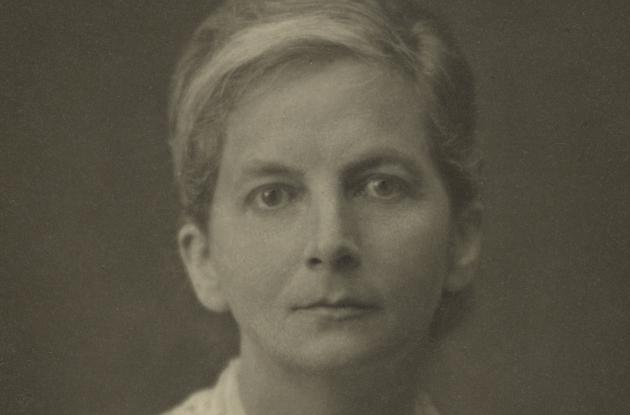Clara Black
Clara Black graduated from the economics programme in 1904, becoming the third woman to earn a master's degree in economics. She later became the first female head of office in the state.
When Clara Black (1875-1945) graduated from the economics programme, it was not immediately in the cards that she would later become the first female public servant and the first female head of office in the state.
Women were only formally granted access to the public labour market in 1921, and expectations for newly graduated female candidates were low.
Clara Black herself tells this in the anniversary publication "Female Academics 1875-1925". Here she looks back on an episode where, immediately after completing her education, she approached one of the professors to get some good advice from him regarding her future job opportunities.
And the professor then said to me, who had just obtained a good first grade in the final university exam:
I think you should learn to take shorthand notes!! — It was certainly not an expression of dislike for the female candidate, let alone personal unfriendliness; it was, I believe, an unconscious distrust of women as intellectual workers.

Photo: Julie Laurberg & Gad
Nevertheless, Clara Black managed to be appointed head of the Unemployment Inspectorate, which supervised the unemployment funds, in 1915. Later in 1925, she was appointed head of office of The Danish Working Environment Authority, where she remained until her retirement in 1938.
Clara Black, like many other female academics of her time, was involved in the women's movement. She was the first chairman of the association "Female Academics" from 1922-1926 and a board member of the Copenhagen branch of the Danish Women's Society.
In 1925, she was one of the key figures in the preparation of the anniversary publication "Female Academics 1875-1925", which provided a status of the situation of female academics 50 years after they had been granted the right to take exams at the University of Copenhagen.
